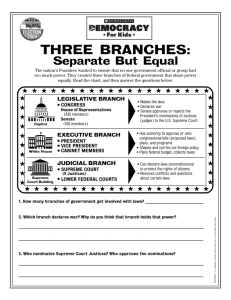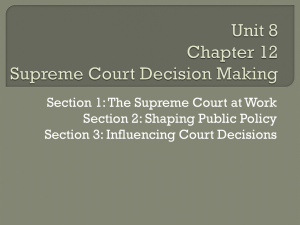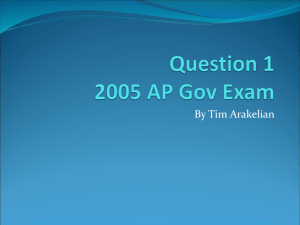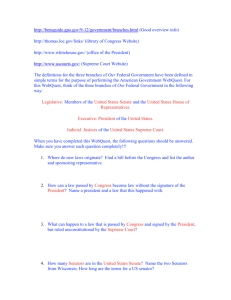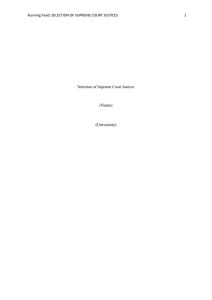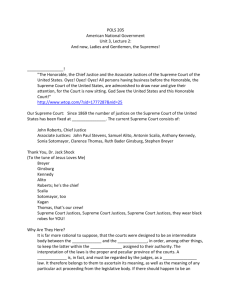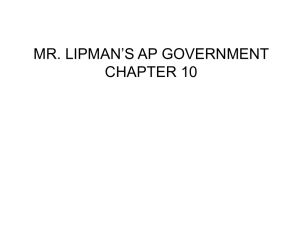NARRATOR: The Second World War changed America in every way
advertisement
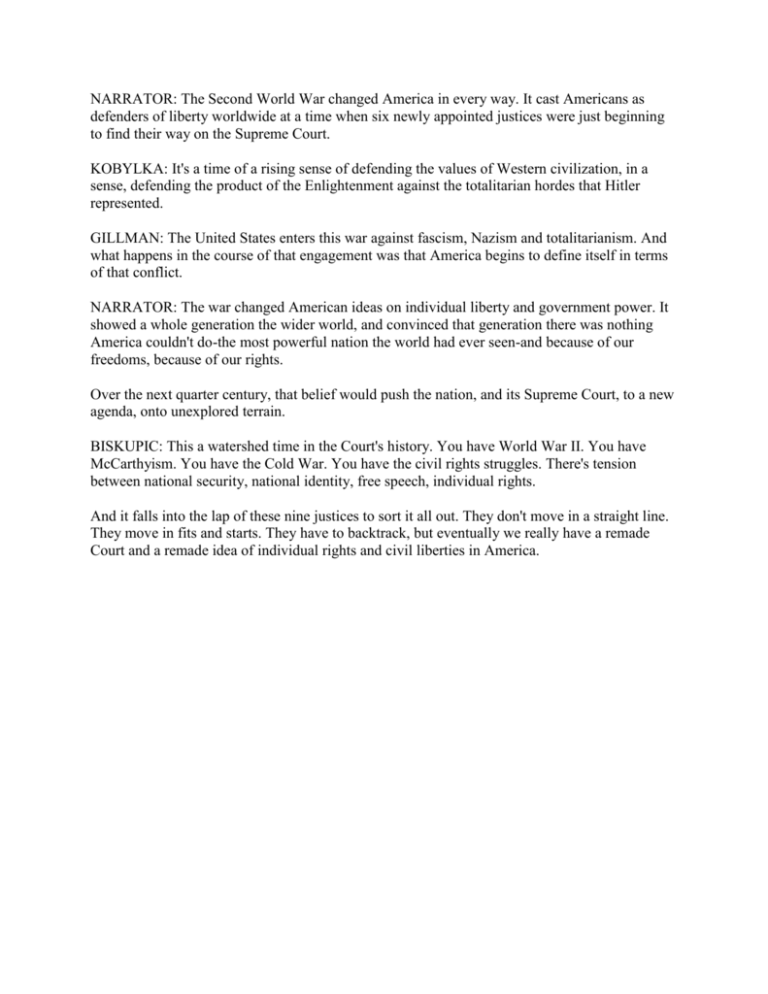
NARRATOR: The Second World War changed America in every way. It cast Americans as defenders of liberty worldwide at a time when six newly appointed justices were just beginning to find their way on the Supreme Court. KOBYLKA: It's a time of a rising sense of defending the values of Western civilization, in a sense, defending the product of the Enlightenment against the totalitarian hordes that Hitler represented. GILLMAN: The United States enters this war against fascism, Nazism and totalitarianism. And what happens in the course of that engagement was that America begins to define itself in terms of that conflict. NARRATOR: The war changed American ideas on individual liberty and government power. It showed a whole generation the wider world, and convinced that generation there was nothing America couldn't do-the most powerful nation the world had ever seen-and because of our freedoms, because of our rights. Over the next quarter century, that belief would push the nation, and its Supreme Court, to a new agenda, onto unexplored terrain. BISKUPIC: This a watershed time in the Court's history. You have World War II. You have McCarthyism. You have the Cold War. You have the civil rights struggles. There's tension between national security, national identity, free speech, individual rights. And it falls into the lap of these nine justices to sort it all out. They don't move in a straight line. They move in fits and starts. They have to backtrack, but eventually we really have a remade Court and a remade idea of individual rights and civil liberties in America.
